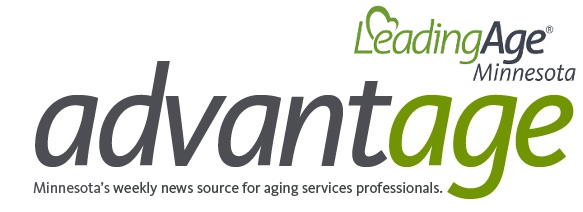February 10, 2021
Senate Committee Advances Background Studies Bill
On February 10, 2021 by Jonathan Lips
The Minnesota Senate’s Human Services Licensing Policy Committee has advanced a proposal designed to address challenges with Minnesota’s background studies system.
Authored by Sen. Paul Utke (R-Park Rapids), Senate file 496 has two components. First, it authorizes the Minnesota Department of Human Services (DHS) to continue “emergency” background studies, without fingerprints, for up to 180 days after the expiration of Minnesota’s peacetime emergency relating to COVID-19. Under current law DHS could extend the waiver of fingerprints only for 60 days past the end of the emergency. Governor Walz is not expected to end the peacetime emergency anytime soon, but this bill is looking ahead to the day when that does happen.
The length of the transition period is important because, eventually, everyone who has only had an emergency background study will be required to have a new study with fingerprints, and the more time that’s available to tackle the backlog, the better. According to DHS, at least 125,000 emergency studies would need to be re-processed if the peacetime emergency ended today.
Second, the bill seeks to build greater fingerprinting capacity by authorizing background study subjects to obtain fingerprints at local law enforcement agencies or other locations and submit those to NETStudy. This provision was added to the bill through an amendment offered by Sen. Jim Abeler (R-Anoka).
In testimony on the bill, DHS acknowledged the need to increase capacity, noting that it is working with the State’s fingerprinting contractor to ensure that enough sites will be available to process studies when needed. Part of the challenge, said DHS, is that fingerprinting sites tend not to be open when there are not people to use them, and so there is a chicken-and-egg problem. Another challenge is that state law currently allows DHS only to have one vendor in place, and the Department would like to explore the possibility of expanding the number of vendors, in order to meet the unprecedented demand that is building up while the waiver is in place.
LeadingAge Minnesota testified in support of the bill, along with our Long-Term Care Imperative partner, as did the Minnesota Hospital Association and other provider groups. The proposal moves next to the Senate committee on Civil Law and Data Practices Policy. Currently there is not a House companion to the Senate bill, but we will engage with House Health and Human Services Committee leadership on this issue as it moves forward. Please contact Jonathan Lips with any background studies questions.
